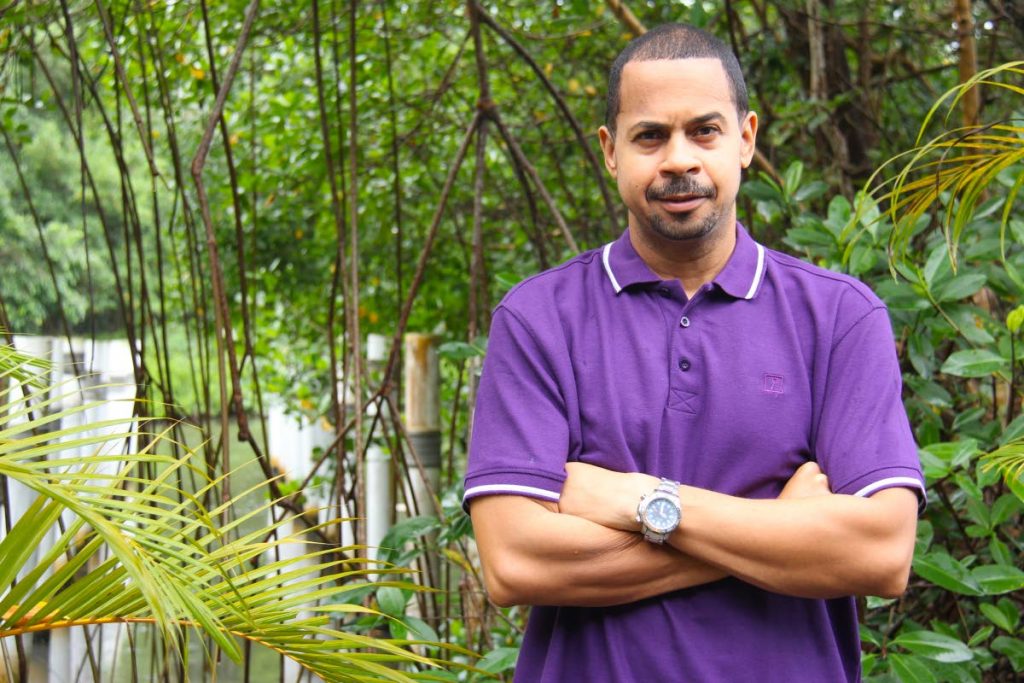EVEN AMID the mounting menace of covid19, last week many people were able to salvage a sliver of levity from a terrifying trend of galloping coronavirus numbers. At a covid19 news conference, a reporter had her kite zwilled by a medical professional. He was apparently making fun of her reliance on Google as opposed to the accepted omniscience of medicos credentialed with posh degrees and such.
What followed was a lot of “kyah, kyah, kyah” from the Facebook cheap seats. The hapless reporter became fodder for Trini meme makers who don't get caught sleeping on their meme responsibilities. Composites of the reporter's likeness were up online before the egg on her face had even dried.
There are quite a few Trinis far more obsessed with questions asked than answers given, or not given as is more often the case. The reporter also faced a barrage of puerile insults online as well as barbs from “colleagues.” Unfortunately, her response to at least one troll online was needlessly “wajank” in its tone and flavour.
Journalism, unlike many other professions, is practised publicly and judged equally so. Few members of the public, with the exception of politicians, athletes, and celebrities, can appreciate what it's like to work while others, who have little or no idea of what's involved, have a million different ways to tell you what you're doing is rubbish. What's more, they invariably have suggestions on how you can do it best.
News reporting is a calling that offends equally, as truth has a way of raising blisters depending on the sensitivity of the skin. People will cuss you today and praise you tomorrow depending on their beliefs and cult-like tribal fealty.
As a journalist, it helps to develop a thick skin from early on. You're going to make mistakes. How you process your mistakes and their fallout will largely determine the sort of journalist you become.
When I was a young TV reporter, I was assigned to cover an important court matter. It was a murder trial of two young men. Having had zero experience in court and no guidance from senior journalists, I made a serious error in my reporting one day. Unbeknownst to the public, a domestic worker who was at the scene of the murders was sexually assaulted by the intruders. She survived the ordeal and bravely appeared as a witness against the accused. In my report that particular day, I mentioned her name.
As screw-ups go, it rarely gets bigger than that. I simply didn't know that the identity of victims of sexual assault are never to be revealed in reporting unless there's explicit consent. The next morning there were murmurs around the office; people shot judgmental glances over their cubicles. Whispers of "s*#&hong" pervaded the stuffy newsroom air. Of course, few of my newsroom colleagues themselves knew of the prohibition against victim naming, but that didn't matter.
Nevertheless, I used that experience to shape the way I worked. When I managed the news team at Gayelle, I was able to use what I learned over the course of my career to give solid guidance to up-and-coming reporters. It's a cliche for sure, but nonetheless true – success is often the sum total of one's mistakes and failures.
Build a mindset of learning from your mistakes rather than being imprisoned or tormented by them. Furthermore, keep an open mind; the nettle that stings teaches you to avoid it in the future. Extract from criticisms the information that can help you build your abilities, become better at what you do.
On the social media front, know that Facebook and other platforms make no distinction between personal comment and your professional persona. You will be judged in your professional capacity for comments you believe yourself to be making as an ordinary civilian. Remarks typed up in the heat of the moment can last well beyond how you felt at that moment and age poorly over time.
You've chosen a career that comes with unremitting scrutiny. Good journalism has the power to influence public opinion, shape government policy, and give voice to the voiceless. Don't squander that power sparring with professional online trolls. Not all criticism is bad, nor is all praise good for that matter. How you interpret criticism is crucial to developing an analytical mind programmed for critical thinking – those are the hallmarks of a great journalist.

